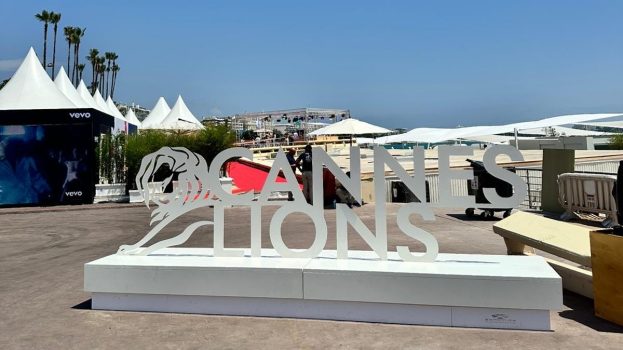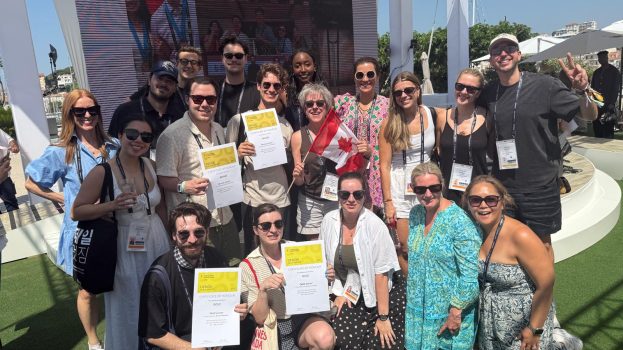You are reading a deep dive into the insight and ideas that propelled the winners of the 2021 AToMiC Awards to success. For the full list of winners, visit the AToMiC website, and be sure to check back for more deep dives into this year’s award-winning work.
This story originally appeared in the Spring 2021 issue of strategy.
The Wins: CDSS “Project Understood” by FCB
Public Service Grand Prix; Gold Idea; Gold AI; Gold Diversity; Gold Tech Innovation; Silver PS – Collaboration; Silver PS – Engagement; Silver PS – Niche Targeting; Bronze PS – Social; Bronze PS – Digital Engagement
While some AToMiC work highlights the application of tech to a creative idea in a fresh way, “Project Understood” completely altered nascent voice AI to improve the user experience while creating awareness of an inequality that exists in speech recognition.
It’s no surprise the work took home one of the highest accolades, the Public Service Grand Prix, and then some.
The future is bright for voice assistants, like Google Home. Some growth stats report that there will be eight billion assistants in use by the year 2023. Yet a community of people who need voice technology are sorely being underserved. Google’s voice assistant, for one, misunderstands one in every three words of a person with Down syndrome.
While adults with Down syndrome can live on their own, they thrive when there is structure and assistance. If they have access to technology that can help them set automatic reminders and schedules, build to-do lists and get direct access to help they need via a voice assistant, they can live safer and more independent lives. But because current speech AI is missing data points, they continue to be misunderstood.
The Canadian Down Syndrome Society (CDSS) and FCB created “Project Understood” as a way to make voice tech more accessible to those with Down syndrome. The agency and non-profit worked in partnership with Google to collect data points – or human voices – to train the tech co’s AI platform to better understand the characteristics of speech disfluencies.
First, the team had to recruit the community to donate their voices to the project. During Canadian Down Syndrome Week in November, they launched social videos that shed light on the issue and empowered the tight-knit Down syndrome community to get involved.
The recruitment tool was seeded through email and organic social efforts, with only $1,000 in paid media to drive awareness. But even with that shoestring budget the campaign went global and over 700 Down syndrome organizations across 30-plus countries responded to the call.
Voice donors were directed to the “Project Understood” website, where they could log into Chit Chat – a machine learning engine designed to capture speech patterns to help train Google’s AI and voice tech – and record 1,000s of pre-determined phrases with the help of speech pathologists and scientists.
Many of FCB’s campaigns for CDSS over the last few years, from “Anything But Sorry” to “Endangered Species,” have done well on the awards circuit and in the public eye, receiving impressive impressions. “Project Understood” was no exception. The program generated an organic reach on Facebook of over 800,000 – a 678% increase from CDSS’s best performing campaign. It also tracked 775 million impressions worldwide.
Google and CDSS eventually presented their research to the UN, calling on all tech companies to assist in making voice assistants more accessible and help future-proof the vulnerable community.
























